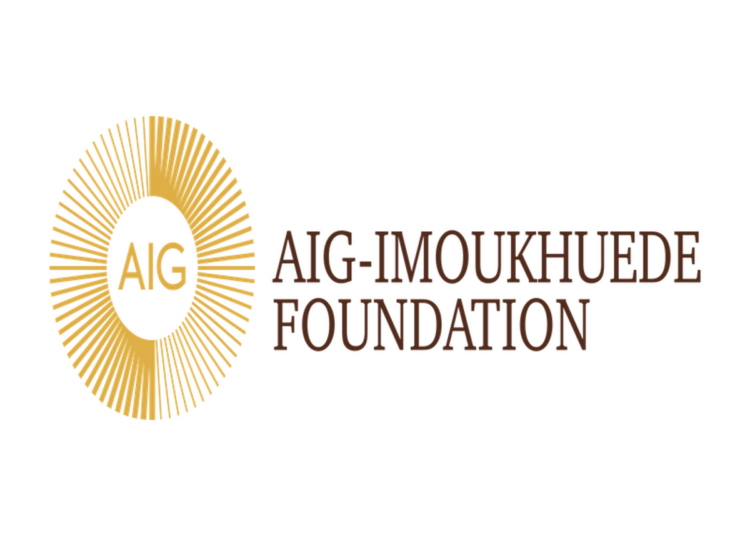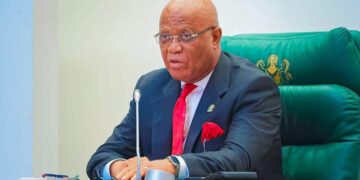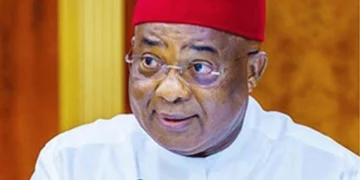The Communications Team Lead of the Aig-Imoukhuede Foundation, Chioma Bright-Uhara, has reaffirmed the foundation’s commitment to building leaders who will shape the future of Nigeria and the African continent.
She said the 21st century will not be defined by nations with the most oil, gold, or gas, but by those that can govern effectively, unlock the potential of their people, and build institutions that endure.
Bright-Uhara noted that, across the world, power is shifting—not solely through military might—but through mastery of data, governance, technology, and trust.
“As artificial intelligence reshapes labour markets, climate change transforms economies, and global alliances realign, one question grows ever more urgent: which nations will lead the future, and which will be left behind?” she asked.
She made these remarks at the AIG Public Leaders Programme held in Abuja yesterday.
According to her, Africa sits at the heart of this global moment. “Today, 1.4 billion people call the continent home, a number set to reach nearly 2.5 billion by 2050. Forty percent of the world’s youth will soon be African,” she said.
Bright-Uhara added that Africa is not just rising—it is becoming impossible to ignore. However, she stressed that numbers alone do not tell the full story.
“What will determine Africa’s path is the quality of its leadership, the strength of its institutions, and the courage of its public servants. Without these, opportunity can slip through the hands of even the most ambitious governments,” she stated.
This belief, she said, drives the work of the Aig-Imoukhuede Foundation. Founded by Aigboje and Ofovwe Aig-Imoukhuede, the Foundation works quietly but strategically to improve lives across Africa by transforming public service delivery.
“It doesn’t fund projects from the outside,” she said. “It invests from within—developing ethical, high-performing leaders who can strengthen institutions from the inside.”
Bright-Uhara acknowledged that while Africa has ambition, creativity, and abundant resources, its potential is often hindered by governance gaps. Policies exist on paper but are rarely implemented; budgets are approved but not optimised; institutions struggle under outdated systems or leadership unable to adapt to a rapidly changing world.
“These gaps don’t just slow progress—they erode public trust, discourage investment, and leave citizens underserved,” she said.
The Foundation’s approach, she explained, is to invest directly in public servants—equipping them with the skills, networks, and confidence to drive change from within.
“Our philosophy is simple: sustainable development can only happen if the people and systems delivering it are capable. Roads may connect cities, but it is strong institutions that connect citizens to opportunity,” she added.
“The goal isn’t to create expatriates; it’s to create reformers—leaders who see their work not just as administration, but as shaping Africa’s future,” Bright-Uhara said.





